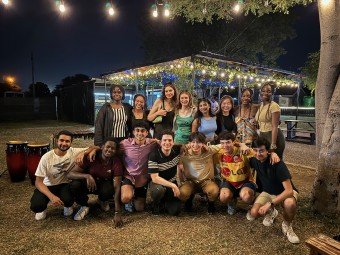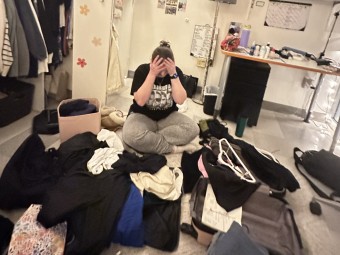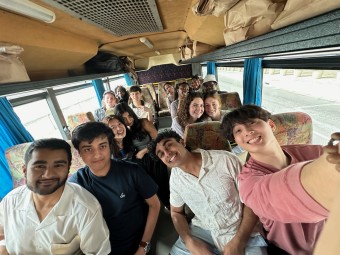Penn Global Seminars Paris – The City of Light?
Basic Page Sidebar Menu Penn Abroad
March 11, 2024
By
Thomas Sharrock, CAS '26
PGS: Paris Under German Occupation and Its Places in [Non-] Memory
Thomas, one of the PGS Correspondents, shares his experience abroad during the Spring 2024 semester. Follow along with the group of correspondents on our blog and look out for their images on the @pennabroad Instagram feed.
In relation to the various major cities of the United States, Paris and London seem laughably close together, and phenomenally well connected. And yet, coming from a city near London, I have visited Paris just once, for less than 48 hours. Before travelling, I thought that I would recognise it well. An American notion had somehow become embedded into my subconscious, that European countries are not as different to each other as us Europeans make them out to be. Update: they are!
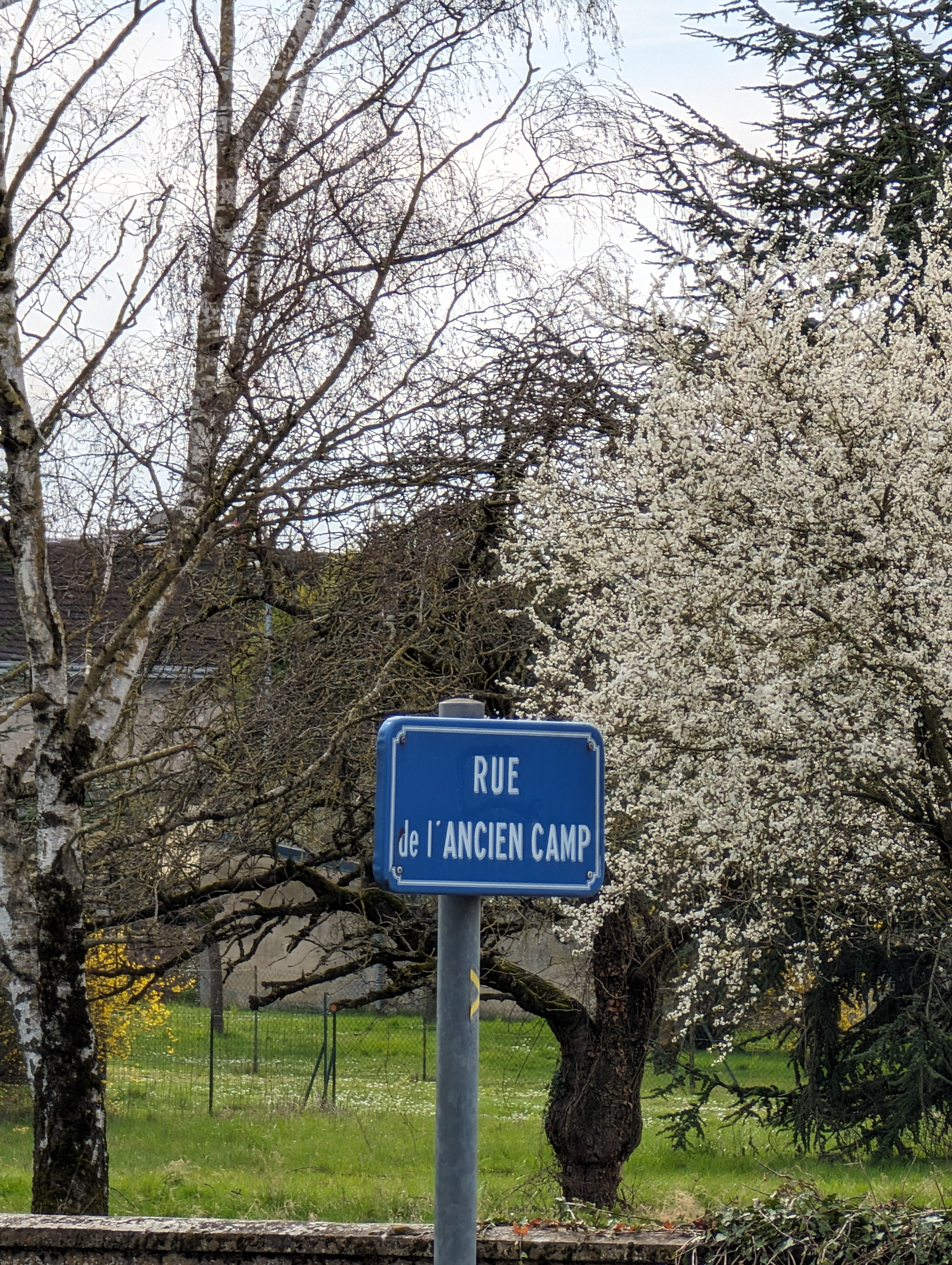 As one of the few groups travelling over Spring Break, I figured that the turn around was going to be quick. I would literally be going from the end of my Friday class, straight to the airport via my apartment. This speedy change of pace from Penn-campus mindset, to a Paris-research mindset, would be challenging. To add to that, we were going to have the rare opportunity to speak to Holocaust survivors, which demanded the deepest attention and respect possible. Jet lag simply wasn’t an option.
As one of the few groups travelling over Spring Break, I figured that the turn around was going to be quick. I would literally be going from the end of my Friday class, straight to the airport via my apartment. This speedy change of pace from Penn-campus mindset, to a Paris-research mindset, would be challenging. To add to that, we were going to have the rare opportunity to speak to Holocaust survivors, which demanded the deepest attention and respect possible. Jet lag simply wasn’t an option.
Before travelling, what we had learnt in class was some of the basic background to France, and Paris specifically at the beginning of the German Occupation in World War II. It painted a very different picture to the one that you might typically think of when someone tells you they’re “going to Paris for Spring Break.” Much of what we had been taught didn’t display the stunning beauty of Paris, or the city of love, or a vibrant city of Arts. Instead, we learned about the systematic removal and exclusion of Jews from Parisian society, perpetrated not only by the Nazis, but also by the Vichy French government and French police.
Therefore, most of us arrived in Paris somewhat aware of the beauty-facade it seemed to be showing us. Behind the symbolic architecture, there were other stories that we were still trying to learn. Yet people still went about their days, and drank coffee in the street, and laughed at jokes with their friends.
I chose this Penn Global Seminar for a few reasons – firstly, I realized that despite the fact I come from Europe, I know shockingly little about World War II, and especially the Holocaust. The professor had been strongly recommended to me by other department members, and I knew two other people taking the class. I liked the idea of taking a class which would throw me into a subject I knew nothing about, while hopefully helping me with my French! When this class included a Spring Break trip to Paris, I didn’t think I could resist. But the more the semester drew on, the more I started to realize that going to Paris wasn’t all about cafés, cute pictures and nice walks. That fundamental misunderstanding which I had originally held, only compelled me more to engage fully with the class, and to make the most out of an opportunity to see a city through a lens not typically used.
This was best summarized from an Uber-trip I had in Paris. The Uber driver asked us what we were doing in Paris, and after explaining that we were studying “La Shoah” (the Holocaust), he responded “Je connais pas” (I don’t know it). Only after explaining for a few more sentences, did the driver know what we were talking about. Even in France, Paris is not necessarily always understood in the fullness of its history.
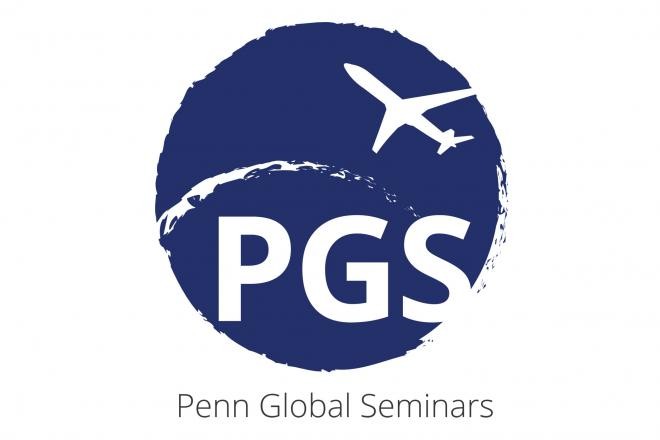
Penn Global Seminars combine intensive semester-long study with a short-term travel component that deepens your understanding of concepts discussed in the classroom. Courses options are available for Penn undergraduate students across majors and years.
